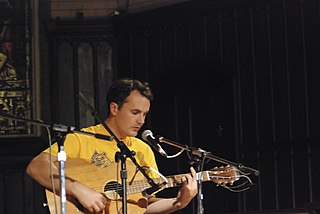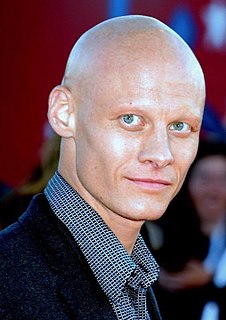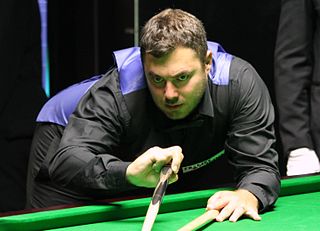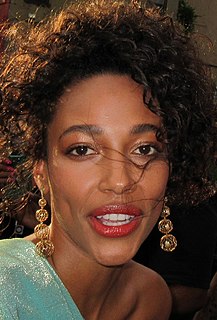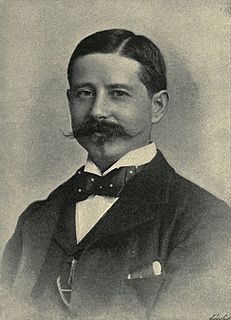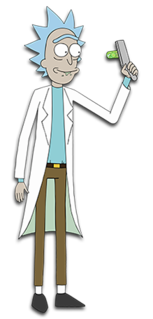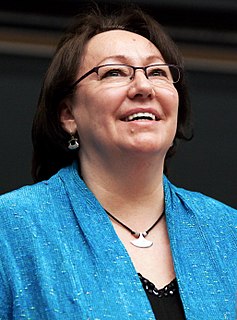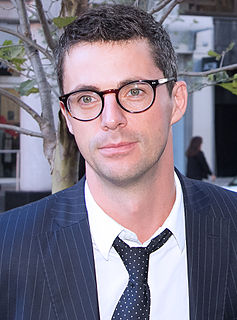A Quote by Lucy Worsley
My dad, a geologist, was an expert in glaciers and permafrost, so we moved to a lot of cold places such as Canada, Iceland and Norway.
Related Quotes
As a kid, my parents would always listen to a lot of Beatles, Queen, Elvis. My mom was born and raised in Italy, and my dad was born in Canada and moved back and forth between Canada and Italy, so they would also listen to all the big Italian stars like Eros Ramazzotti, Gigi D'Alessio, Tiziano Ferro, Laura Pausini.
Norway, Iceland, Australia, Canada, Sweden, Switzerland, Belgium, Japan, the Netherlands, Denmark, and the United Kingdom are among the least religious societies on earth. According to the United Nations' Human Development Report (2005), they are also the healthiest, as indicated by life expectancy, adult literacy, per capita income, educational attainment, gender equality, homicide rate, and infant mortality. . . . Conversely, the fifty nations now ranked lowest in terms of the United Nations' human development index are unwaveringly religious.
In Alaska, the beaches are slumping so much, people are having to move houses. In Tuktoyaktuk, the land is starting to go under water. The glaciers are melting and the permafrost is melting. There are new species of birds and fish and insects showing up. The Arctic is a barometer for the health of the world. If you want to know how healthy the world is, come to the Arctic and feel its pulse.

